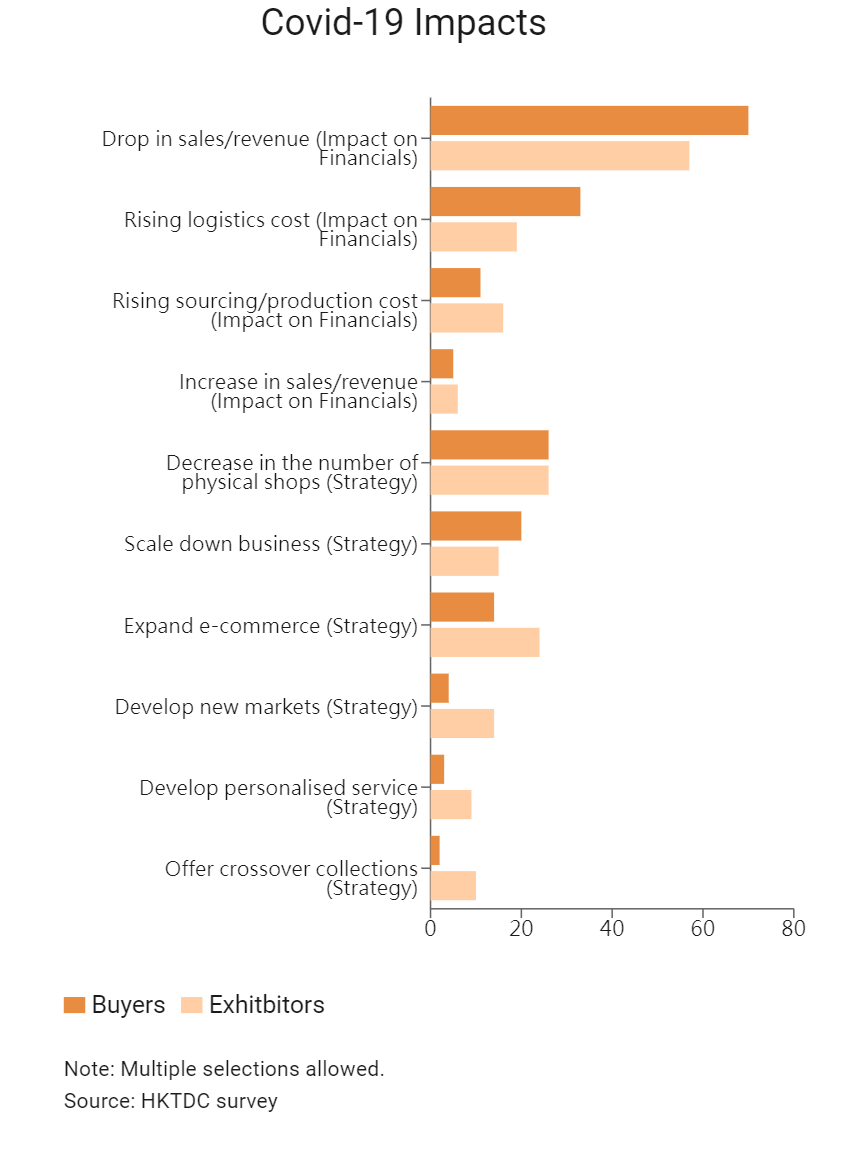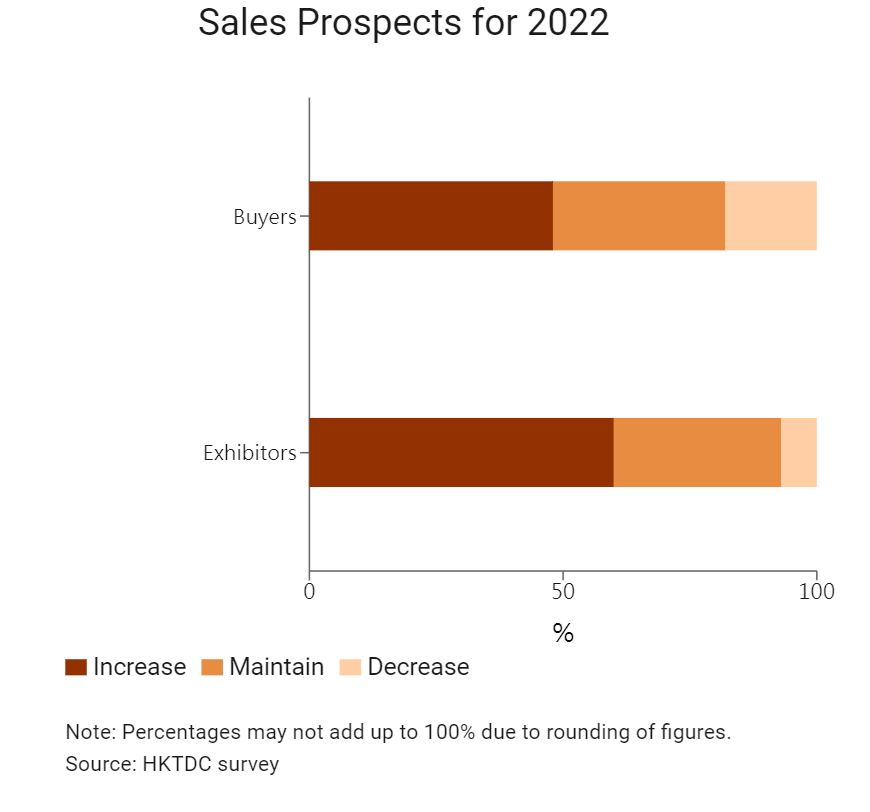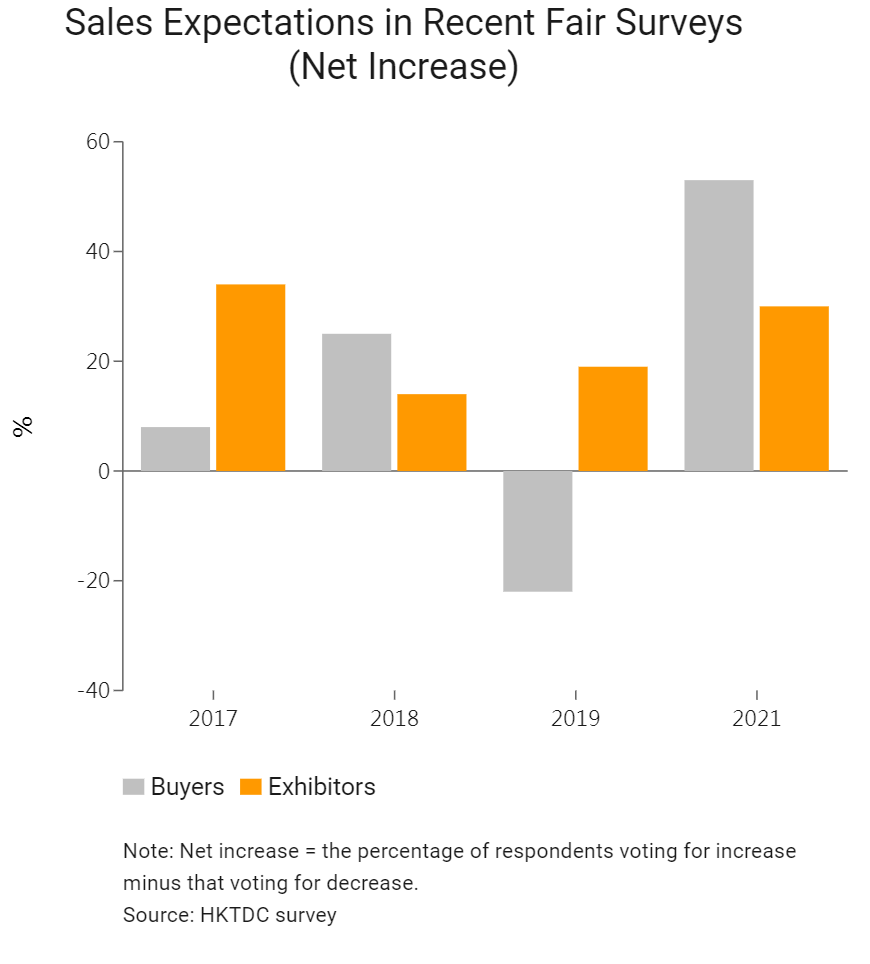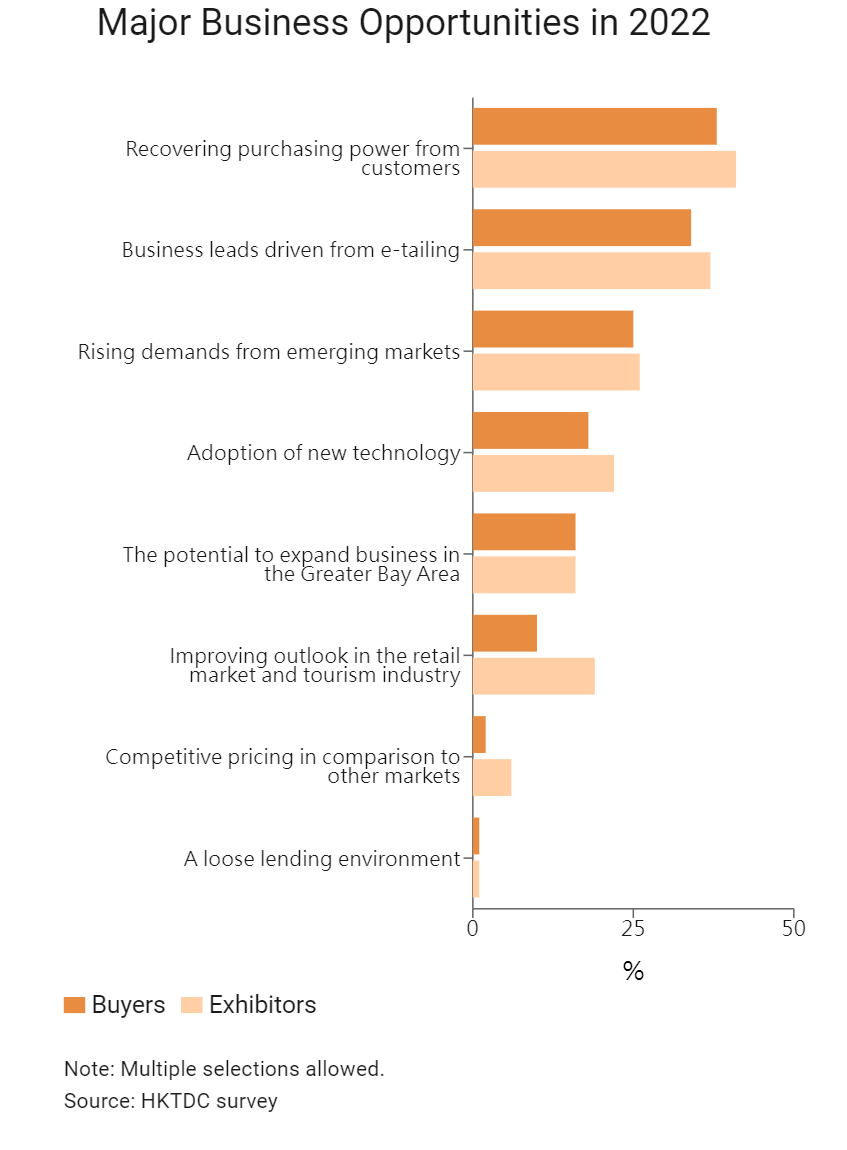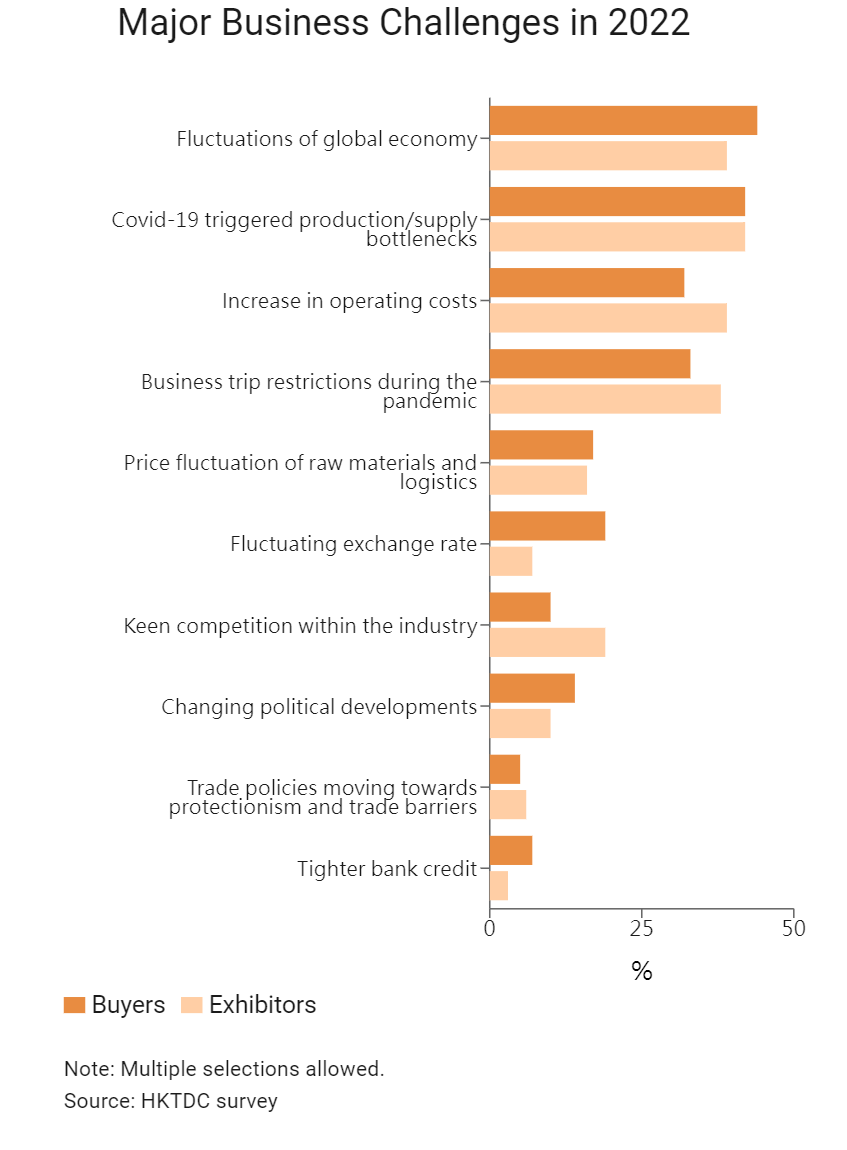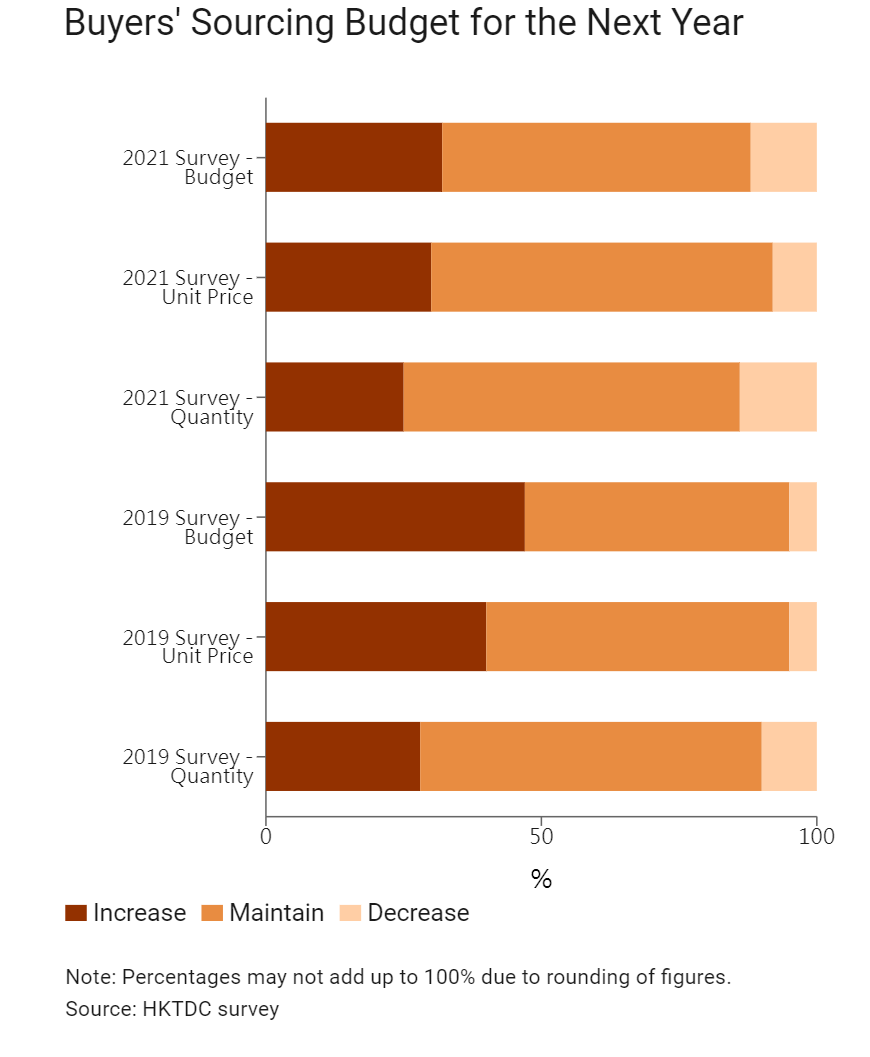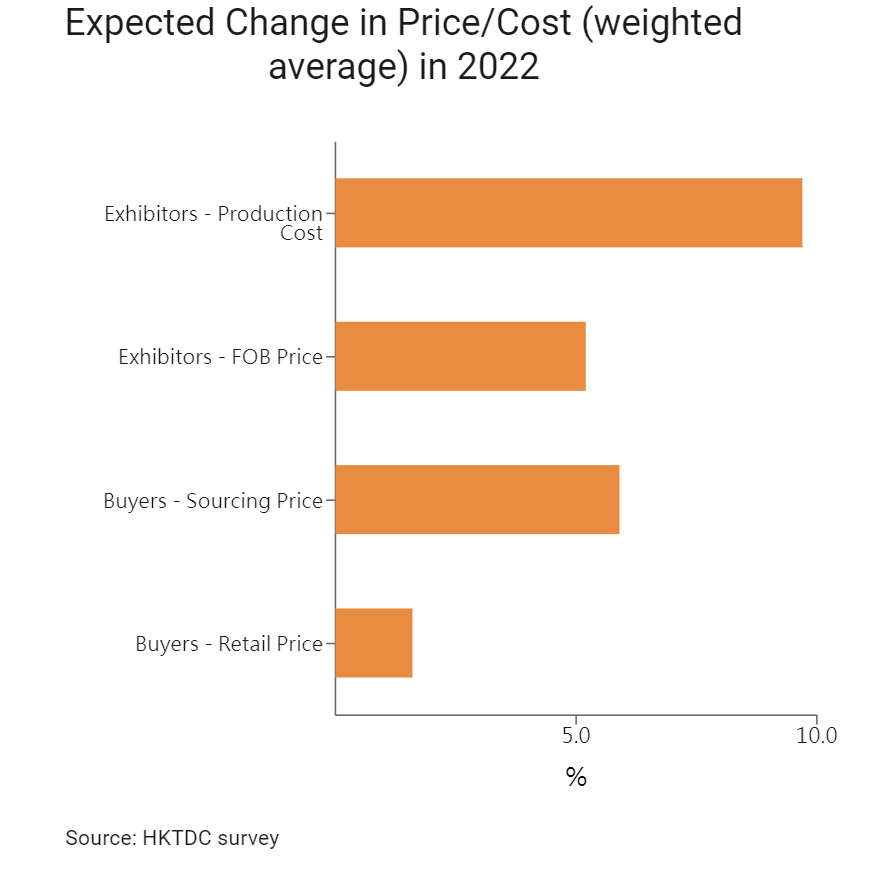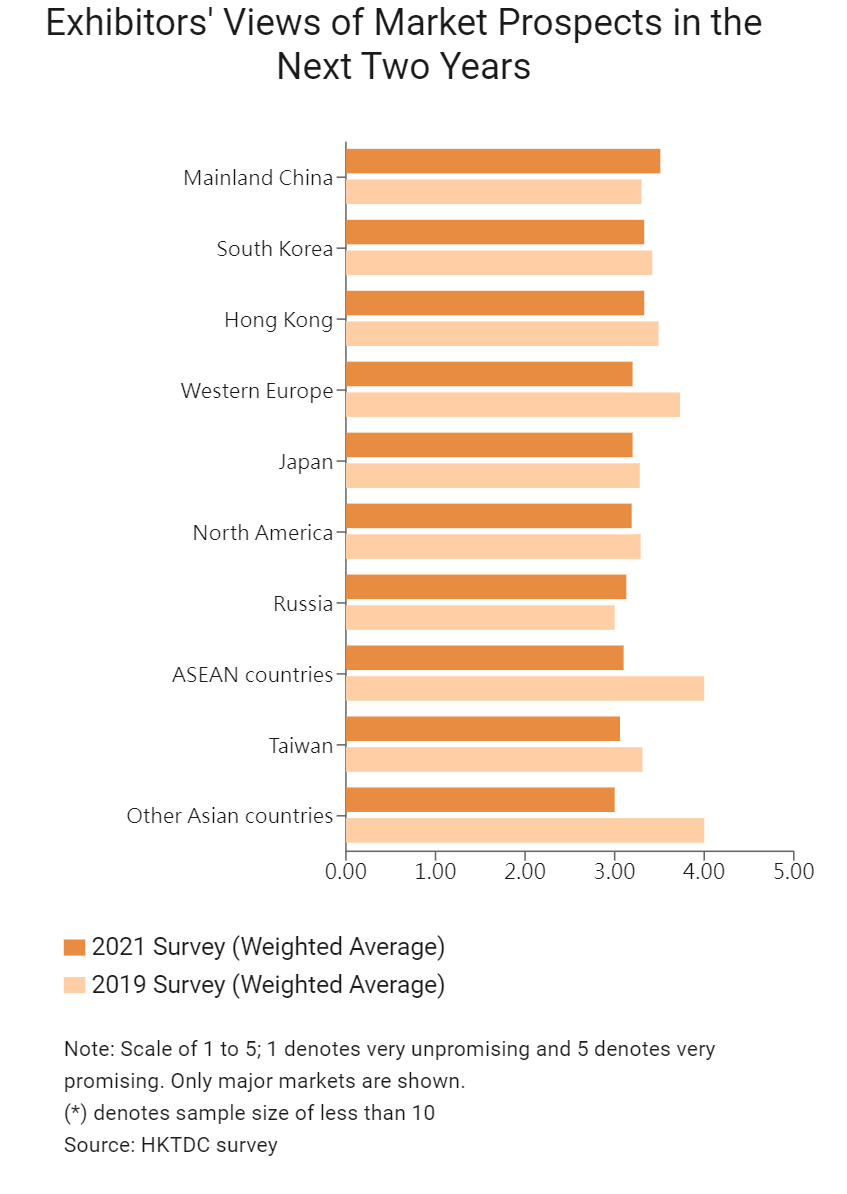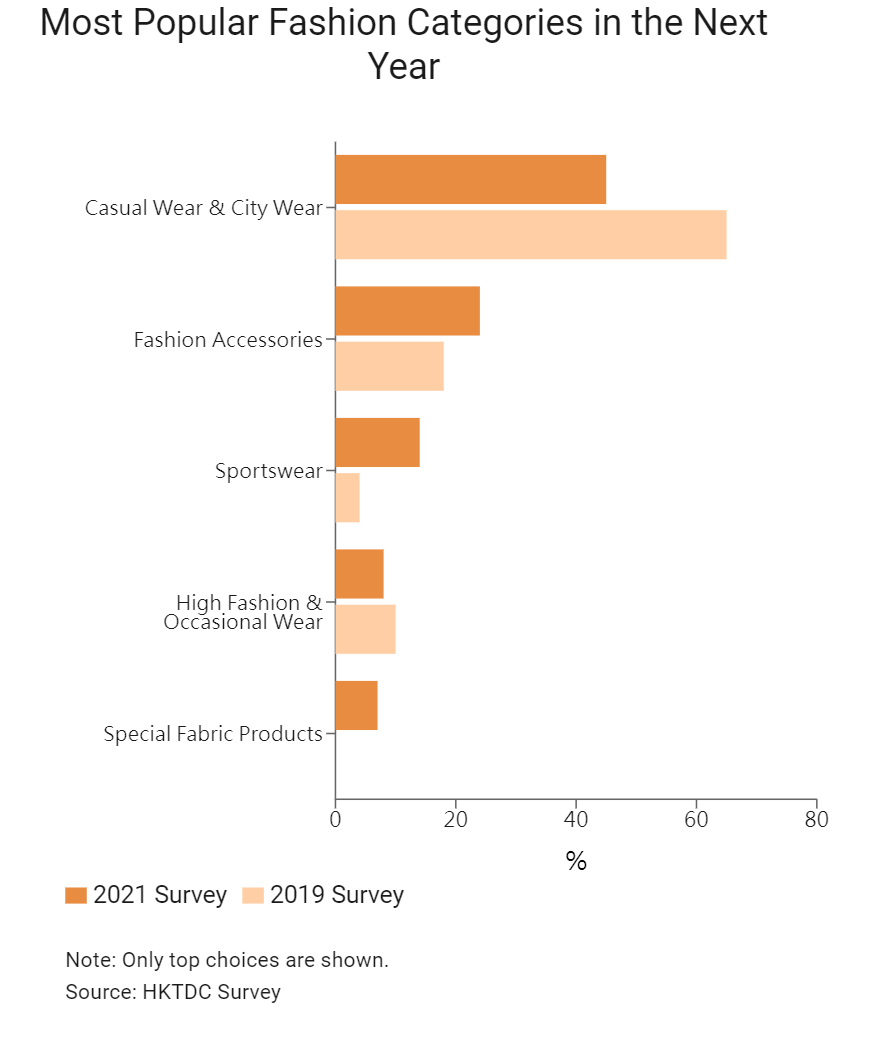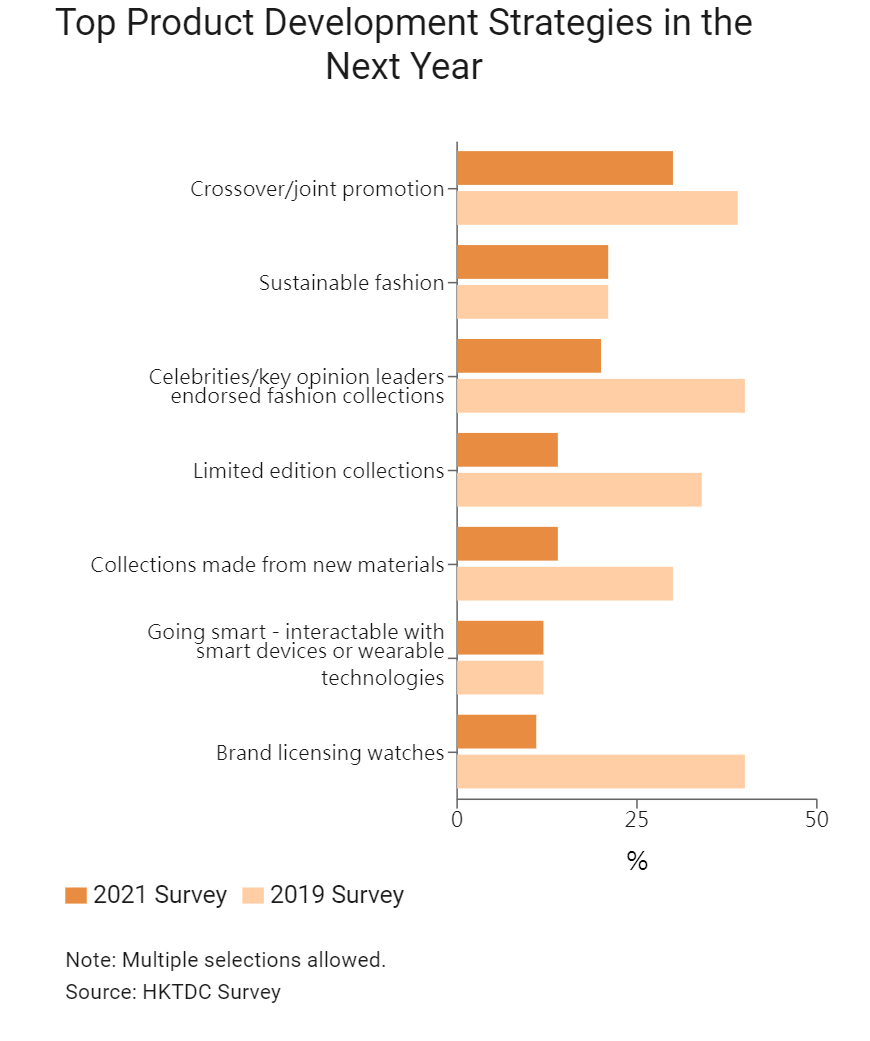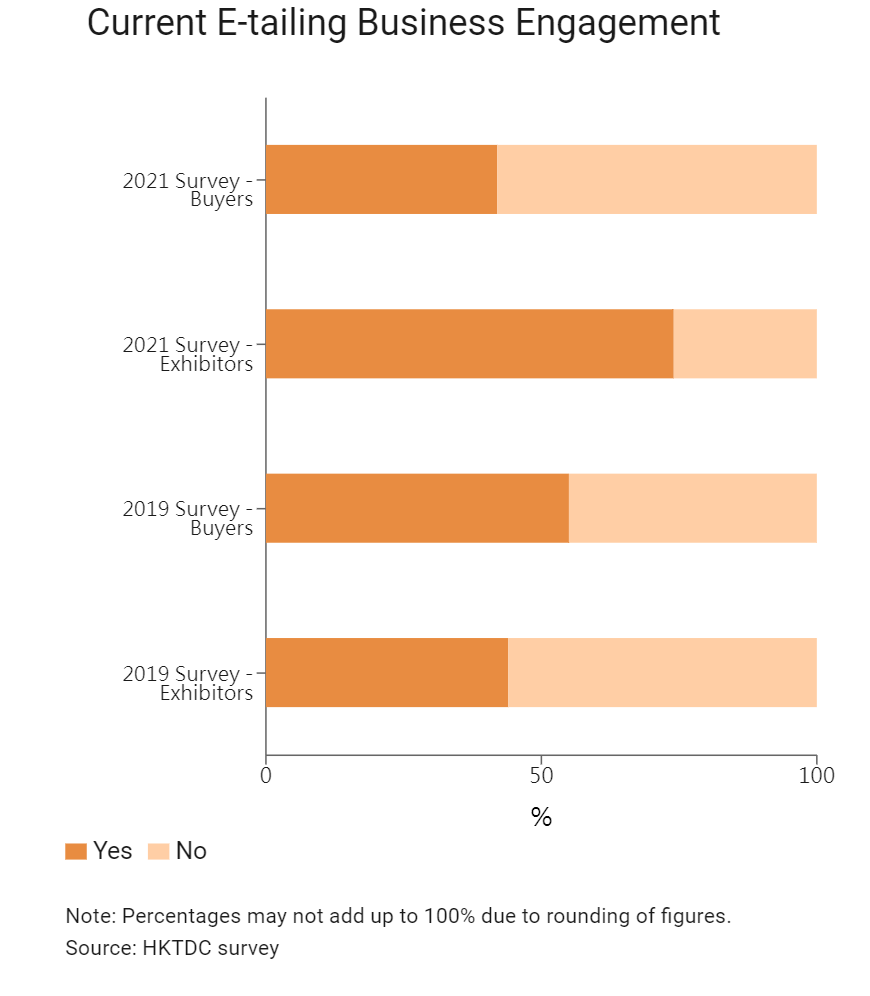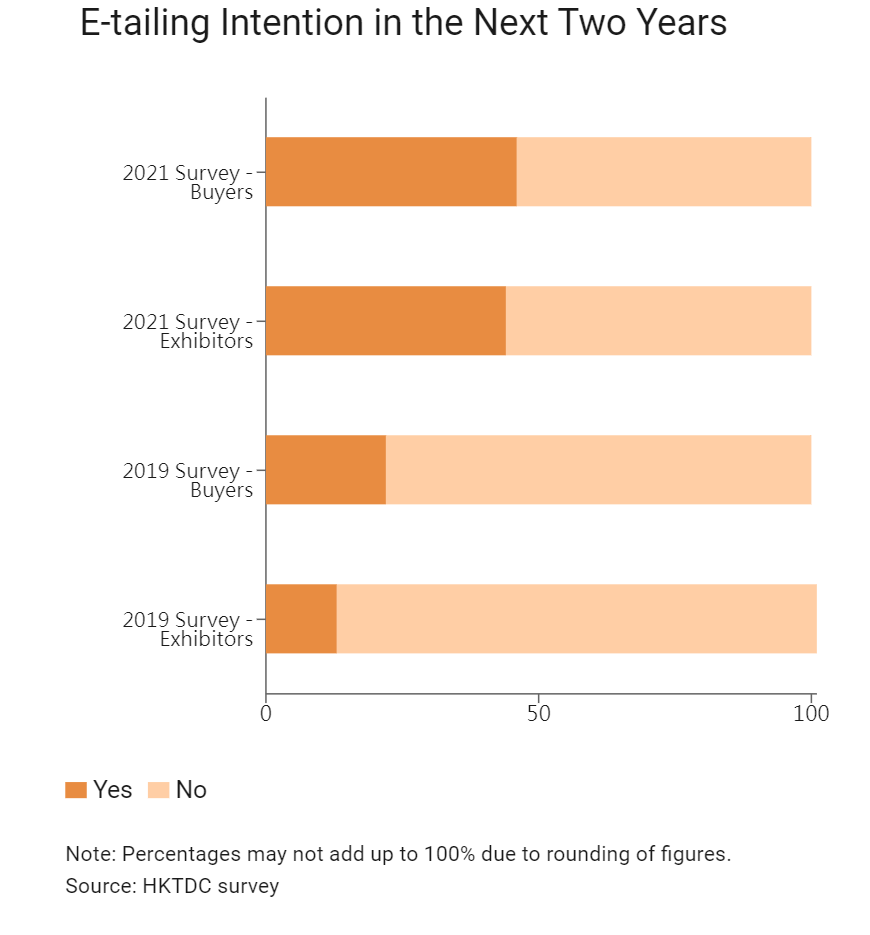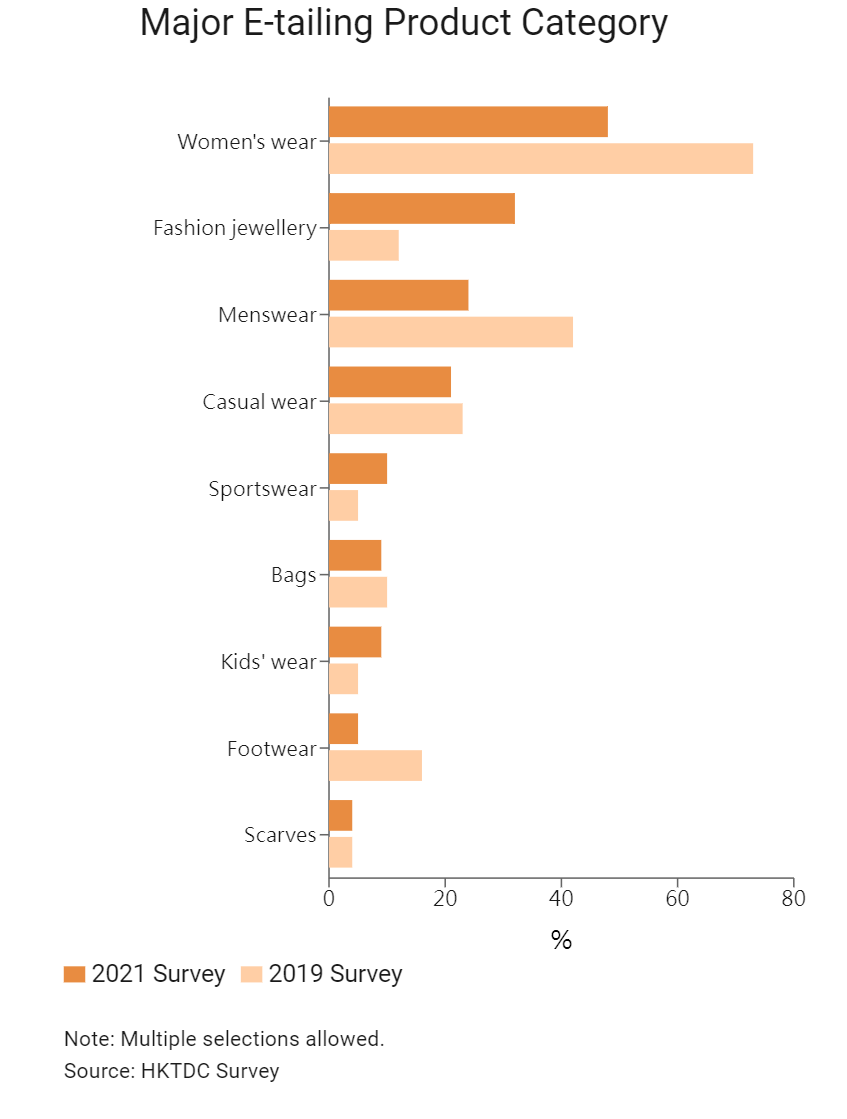President His Highness Sheikh Khalifa bin Zayed Al Nahyan has issued the Federal Decree - Law No.33 of 2021 on the regulation of labour relations in the private sector that will take effect from February 2, 2022.
The new decree-law seeks to enhance the elasticity, resilience and sustainability of the labour market nationwide, as well as ensure protection of workers' rights. It places worker welfare and wellbeing at its core, and accordingly, a host of measures have been provided therein to ensure a safe, healthy, and business-conducive environment for all employees in the private sector.
Dr. Abdulrahman Al Awar, Minister of Human Resources and Emiratisation, said in a media briefing that the new decree law is the biggest update to the laws regulating labour relations. He added that it comes as part of the UAE Government’s efforts to create a flexible and competitive business environment at a time the nation is about to embark on its journey towards the next 50 years.
"The law comes in response to the rapidly-changing workplace amid technological advancements and the outbreak of Covid-19. It will apply to different work categories including full-time, part-time, temporary and flexy work among other categories. The executive regulations of the law, which the ministry is currently working on, lays out the responsibilities of both parties in each category," he said."
The minister added that the preparation of the new law has been carried out in consultation with all parties concerned in the federal and local government sectors and the private sector.
Al Awar elaborated that the new law seeks to ensure efficiency in the labour market and also attracts and retain the best talent and skills for employment, in tandem with providing a stimulating and conducive work environment for employees.
The law supports the efforts to enhance the competitiveness of Emirati cadres in the labour market, as well as empower women, the minister added.
"It enhances the flexibility and sustainability of the labour market nationwide, by guaranteeing the protection of the work relationship, its developments and the exceptional circumstances it may face."
Al Awar added that the new law has developed an advanced mechanism that will ultimately enhance ease-of-doing business, competitiveness and productivity of the labour market.
The minister noted that the decree-law guarantees the rights of both the employer and the employee in a balanced manner and ensures protection for both the parties so that they can claim these rights as and when necessary.
He pointed out that the new law ensures the wellbeing of workers in the private sector and emphasizes on international labour obligations agreed upon by the UAE.
The minister explained that the executive regulations are currently being prepared to regulate implementation of the provisions of the decree-law, noting that the decree gives flexibility to the Cabinet by granting it a set of competencies aligned with current and future developments.
He added that the Ministry of Human Resources and Emiratisation will work on proposing policies, strategies and legislations to encourage and motivate enterprises to invest in training and empower workers; boost their skills, efficiency and productivity; adopt modern technologies; and attract the best talent according to the requirements of the labour market in the country; as well as train students of public and higher-education institutions endorsed by the state.
The new law aims to enhance the flexibility and sustainability of the labour market in the country, as well as guarantee protection of workers, the minister stressed.
In Article 74, the decree-law stipulates that the employer may not use any means that would force the worker or threaten him/her with any penalty or force him/her to work for the employer or force him/her to provide a service against his/her will.
The law forbids sexual harassment, bullying or any form of verbal, physical or psychological violence against a worker by the employer, his/her superiors at work or colleagues.
It prohibits all forms of discriminations based on race, colour, sex, religion, national or social origin or disability that would scale down the possibilities of equal opportunity, prejudice equal access to or continuation of employment and enjoyment of rights.
The amendments stressed that while not violating the prescribed rights of working women stipulated in this decree, all provisions governing the employment of workers without discrimination shall apply to women, with an emphasis on granting women the same wage as men if they are doing the same work or work of equal value, which will be determined by a Cabinet decision.
Among the key amendments provided by the decree law is the introduction of new types of work to allow employers to meet their labour requirements and benefit from their energies and productivity at the lowest operational cost through part-time work, temporary work and flexy work, as well as allow employers to hire those whose work contracts have expired, but who are still in the country, through easy and flexible procedures.
Part-time work allows work for an employer for a specified number of hours or days. Temporary work is work whose implementation requires a specified period of time or is focused on work that ends with completion of a specified job. Flexible work is work for which working hours or work days change according to the volume of work and economic and operating variables of the employer.
The executive regulations of the law determine the conditions and control of work patterns and the obligations arising from each worker and employer, depending upon the type of employment, including what is related to end-of-service gratuity and as required by the interest of the two parties to the work contract.
The law grants companies the flexibility to pay wages in UAE dirhams or in any other currency, according to the agreement between the two parties in the work contract.
The decree-law also permits the employer to prohibit the worker from competing with the employer or participate in any competing project in the same business, should the work entrusted to the worker permit him/her to know the employer’s clients or access his or her trade secrets, provided that the condition is specified in terms of time, place and type of work to the extent necessary to protect legitimate business interests and the period of non-competition shall not exceed two years from the date of contract expiry.
The decree-law specifies a fixed-term contract as one that doesn't exceed three years, and it is permissible, upon agreement by the two parties, to extend or renew this contract for a similar or lesser duration once or more.
The provisions of the decree-law shall apply to employment contracts of indefinite durations concluded in accordance with the Federal Law No (8) of 1980.
The law also stipulates that unlimited employment contracts are to be converted into fixed-term employment contracts, in accordance with the conditions, controls and procedures envisaged in this decree by law, within one year of the effective date of the existing contract and may be extended by the Cabinet for further periods as required in public interest.
All private sector workers are entitled to a paid, weekly rest day, with the possibility of increasing the weekly rest day at the discretion of the employer, in addition to providing vacations for the workers, including compassionate leave ranging from three to five days, according to the degree of the employee’s relationship with the deceased. In addition, paternity leave of five days shall be granted to private sector workers. Any other leave shall be decided by Cabinet.
The law also assigns the employer the responsibility to pay for the fees and costs of recruitment and not to collect the same from the worker either directly or indirectly.
The law stipulates the prohibition of withholding of official documents, such as passports, belonging to the workers and forcing him or her to leave the country at the end of an employment contract. This has been done to allow the worker to move to another establishment in the labour market. The worker shall also have the right to obtain his or her wages on the due date in accordance with the regulations approved by the ministry and according to the conditions and procedures as specified by the Executive Regulations of this decree-law.
The decree-law permits the worker, in the event of expiration of the work contract, to move to another employer. A probationary period for the worker may not exceed six months, in accordance with the law's executive regulations The amendments include a provision, according to which, a worker is entitled to an end-of-service gratuity, in accordance with the legislation regulating pensions and social security in the country.
As per the law, a foreign worker who has worked full-time and who has completed one year or more of continuous service with an establishment, shall be paid end-of-service benefits calculated according to the basic wage, with a wage of 21 days for each of the first five years of service and 30 days for each subsequent year.
The decree-law waives judicial fees in all stages of litigation in all stages of litigation, execution and requests made by workers or their heirs, the value of which does not exceed AED100,000.
It regulates the obligations of the employer, the most prominent of which is the establishment of labour regulations, the obligation to provide adequate accommodation, protection and prevention, as well as train workers and help them develop their skills.
In the meantime, the law regulates the workers’ obligations based on the terms of the employment contract and in accordance with duties, notably performing work during the specified times; abiding by work ethics and good conduct; keeping work secrets; developing job skills; committing not to work for another competing employer; vacating the labour accommodation within one month of expiry of employment contract and other obligations.
The decree-law regulates the controls and conditions for terminating work contracts in a way that guarantees the rights of both parties. The amendments also strengthen the controls for the employment of juveniles, as well as with regards to the entitlements of the deceased worker, the requirements for occupational safety and other controls that guarantee the rights of both parties in a balanced manner.
Source: MOHRE

